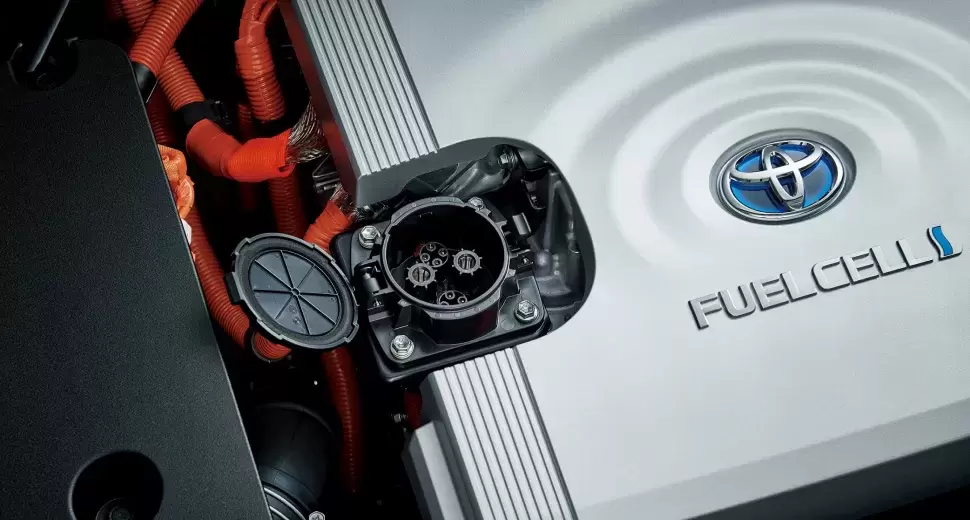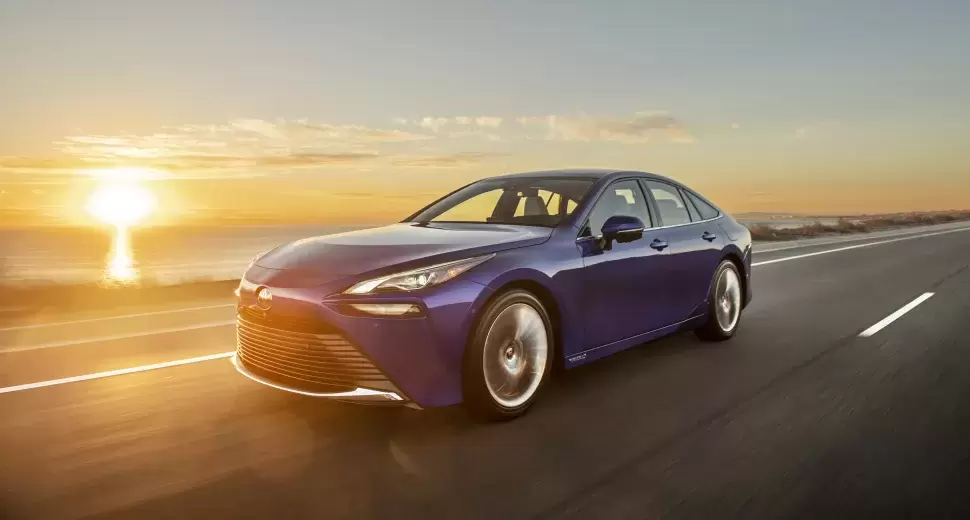
Leading scientists across the globe agree that urgent action is necessary to reduce the impact of climate change. The development of sustainable and practical mobility solutions is essential to safeguarding our planet for future generations, according to Kei Fujita, Chief Representative, Middle East and Central Asia Representative Office, Toyota Motor Corporation.
In recent years, it has become abundantly clear that climate change is one of the greatest challenges facing the future of humankind. A recently issued United Nations report warned that our world is on a path to exceed the target set by global leaders as part of 2015’s historic Paris Agreement to hold temperature increases to well below 2.0°C above pre-industrial levels and pursue efforts to limit it to 1.5°C. So, what can we collectively do to avoid this calamity? One of the most important answers to the climate conundrum lies with carbon neutrality.
When it comes to global warming, there is greater public awareness than ever before. Yet, perhaps fewer people are familiar with the concept - and huge potential impact - of achieving carbon neutrality. The vast majority of scientists agree that climate change is a result of increased greenhouse gas emissions since the dawn of the industrial revolution. Of these gasses, one of the most harmful to the environment is carbon dioxide (CO2).
Essentially, becoming carbon neutral means reducing the amount of CO₂ emissions put into the atmosphere to the same level as the volume of CO₂ removed from the atmosphere, which occurs through a number of processes as part of the delicate balance of nature. Globally, transportation is thought to be responsible for around one-fifth of CO₂ emissions, with road travel accounting for three-quarters of this total. With this in mind, much energy has been focused on developing new technologies and innovations to power cleaner, greener mobility solutions.
As world leaders gather in Glasgow for the 2021 United Nations Climate Change Conference (COP26), it is clear that action on climate change is no longer a choice, but a necessity. The scale of action required calls for a united effort and cooperation across the globe. Here in the Middle East, encouraging steps are being taken by governments to usher in a new era of sustainability.
Last month, the United Arab Emirates, Saudi Arabia and Bahrain announced a series of initiatives and investment plans to address the climate issue and achieve net-zero carbon emissions by mid-century. These endeavors align with Toyota’s own sustainability goals and plans to reduce CO₂ emissions throughout its operations.
Toyota’s vision is to create mobility for all. In a diverse and uncertain world, we strive to raise the quality and availability of mobility and ensure that no one is left behind. We wish to create new possibilities for all humankind and support a sustainable relationship with our planet. This is why we have made it our mission to minimize our environmental impact by achieving carbon neutrality, not only in terms of vehicle emissions, but throughout our entire operations.
This is not a new direction adopted to align with the mood of the times. Toyota has been committed to developing diverse eco-friendly vehicles since 1997 when we introduced the Prius - the world’s first mass-produced Hybrid Electric Vehicle (HEV). Since then, Toyota has sold over 17 million electrified1 vehicles globally, contributing to a 20% reduction in CO2 and helping safeguard the wellbeing of the earth and its inhabitants.
While we are proud of these achievements, our journey to carbon neutrality is far from over. More still needs to be done, which is why Toyota is targeting combined sales of 10 million units globally for its expanding electrified vehicle range by 2030. We are also developing hydrogen-fueled combustion engine technology through our participation in motorsports and exploring the opportunities presented by E-fuel. Manufactured using hydrogen from renewable energy, this synthetic fuel has strong potential to be used as a ‘carbon neutral’ fuel for gasoline and diesel combustion engine vehicles, including those already on the road. At Toyota, we believe there are many paths to reach carbon neutrality. Just as mobility landscapes differ from country to country, so too are the pathways to achieving sustainability.
As innovation continues to shape the global mobility sector, we must embrace the latest breakthroughs to create products and services that offer people more ways to move safely, responsibly and in harmony with the environment. By doing so, we can overcome the single greatest challenge facing humanity and unlock a world of sustainable mobility for all - a goal that must be achieved to protect the future of our planet for generations to come.

